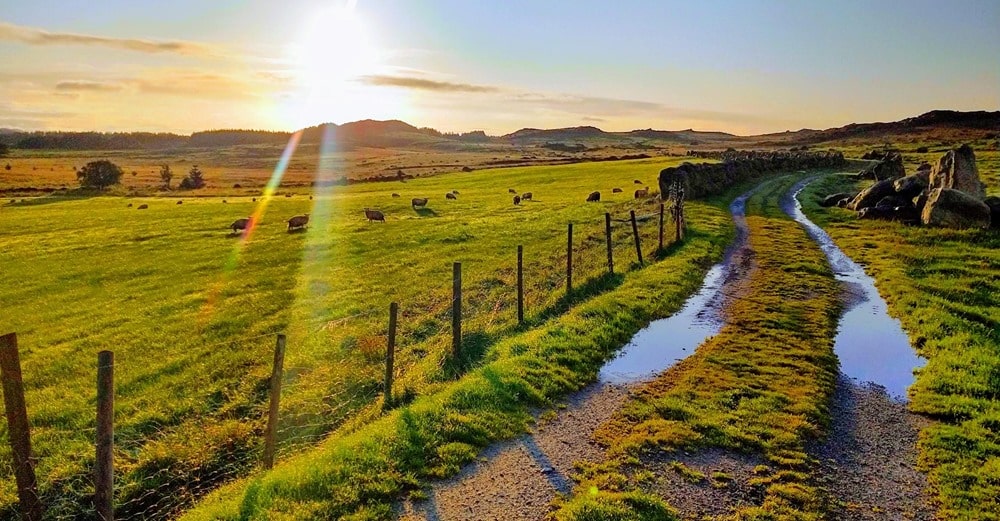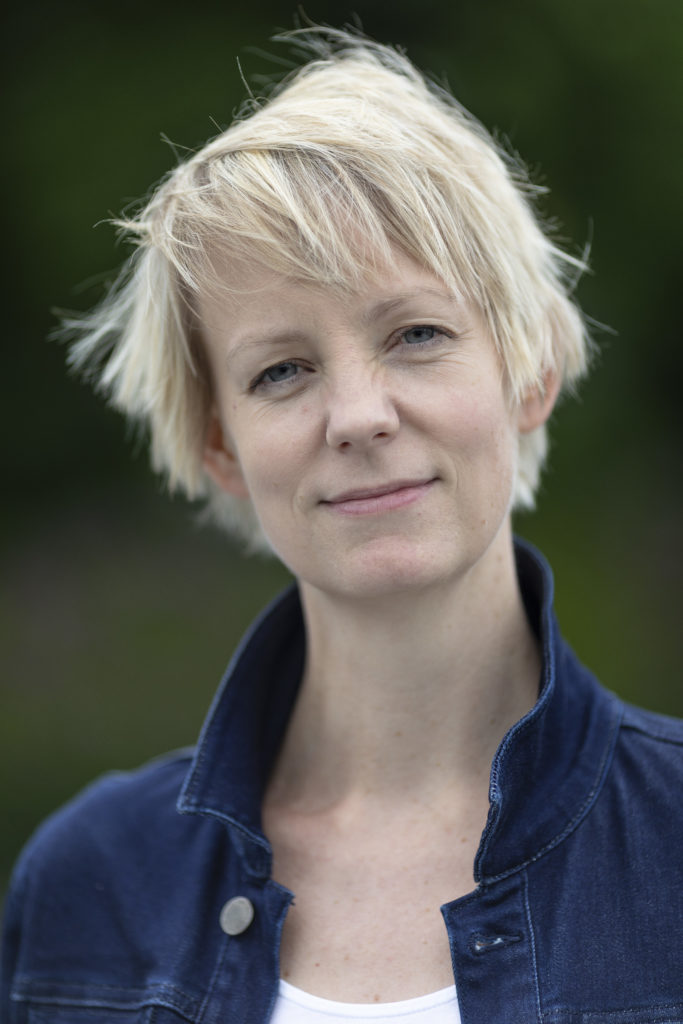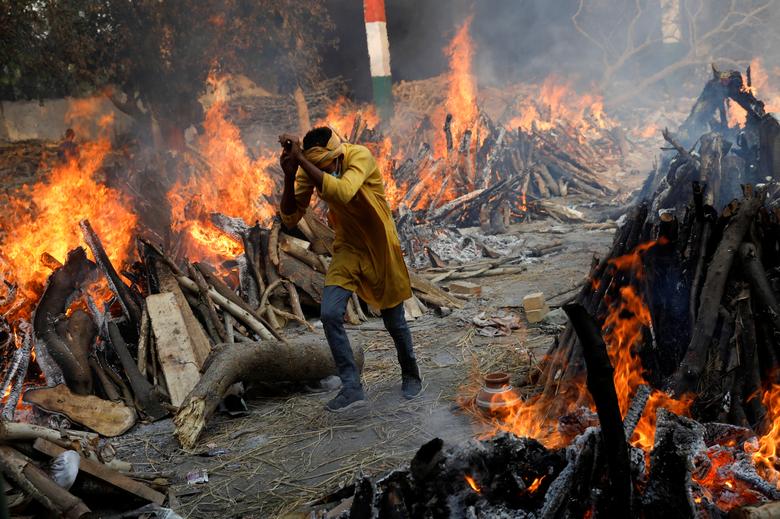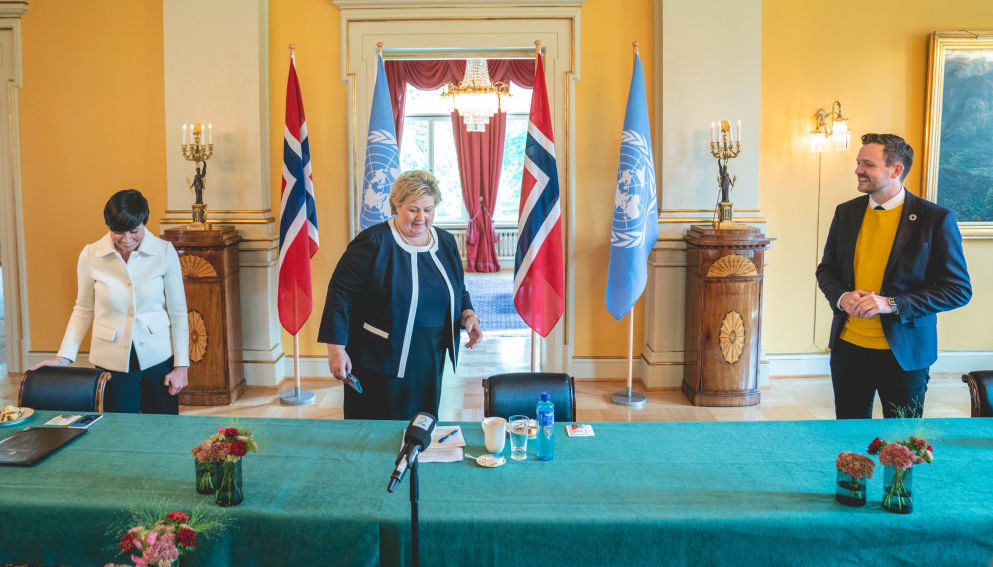
They say the data center will provide thousands of jobs.
They say that is what we should live off.
They want us to think that what we have are unused resources that will finally be useful.
But we already have what we have to live off – for thousands of years if we manage the earth and nature properly.
Kvernaland, Time in Rogaland, Norway

By Ingrid Fiskaa, a municipal board member for SV in Time,
leader Rogaland, and member of the program committee in SV
Wisdom does not increase with the distance to the case.
Today is the first battle. 150 acres of the very best food soil we have in this country can be salvaged or lost [Norway has only 3% agricultural soil].
In the spring, an even larger area is at stake, when up to 2,000 acres of agricultural land and forests can be decided to be reduced.
27 people will make the decision, on behalf of 19,000 inhabitants and all the future inhabitants for generations to come. The decision will also have consequences for food supply, business, and power relations regionally and nationally. I still do not know which way it will go at the municipal board meeting, and the case that will be up in March is completely open. Each vote counts.
Is the municipal council the right place to make such decisions? Can really 27 people with regular jobs engaged in politics in their spare time be the best suited? The question is asked from time to time, and there are not a few who have seen confidence in higher powers in the county and state. The decision to reduce food soil is a scary read: since World War II, more than one million acres of cultivated and arable land has built down in Norway. In Time municipality, more than 4,000 acres of agricultural land have changed land use purposes since 2005 alone. In addition, there is the demolition of untouched nature, which is also happening at a furious pace.
I understand that the question is being asked. It is only that wisdom does not increase with the distance to the case. There is not much help from the Government and the Storting, and at least not from today’s political majority. The contribution from them is partly to prevent the state’s professionals from pulling the emergency brake, and partly to roll over local democracy to replace food soil and nature with motorways and wind power plants. I also do not expect the district and digitalization minister to see the value of the green areas around the village of Kvernaland, which is now threatened by the plans for giant data centers. On the contrary, she believes that in the future we will live off data storage. Food I can buy in the shop.
The paradox is that local democracy, and especially people in the districts, get the blame no matter what. When we say no to repurpose of land use, it’s wrong too. The capital’s commentators and experts see the long lines on their screens and spreadsheets. When committed residents protest that the progress – in the form of “green” power or “green” data center – should come right to their village, it is due to the phenomenon NIMBY (Not in my backyard): We do not disagree in the matter itself, but we will do not have it here.
This is to turn the matter upside down. I think it is fundamentally positive to care about ones own backyard. It is we who live here, who know the values in our immediate area because we actually use them. The technocrats and the big companies see unused land on a map; yet another area that can be colonized and produce a profit. We, locals, know that there are already productive activities here, in addition to nature and hiking areas of infinite value. After the data center plans at Kvernaland were known, I have taken many trips there, to be able to know, understand, and be found in the area. Now it’s also my backyard.
And something has happened. Sober minded Jærbuar has woken up. The signature campaign against replacing the productive topsoil on Bryne with storage and asphalt received 1800 signatures in a few days. At Kvernaland, the action group goes from door to door. For far too long we have seen the earth and our nature with the gaze of the outsider. They apparently have the big numbers and the overall oversight on their side. What is a piece of land or a small forest in the big picture? Now is the time to be fooled. If everyone takes good care of their own backyard, we can come a long way.




There are 2 comments
Comments are closed.